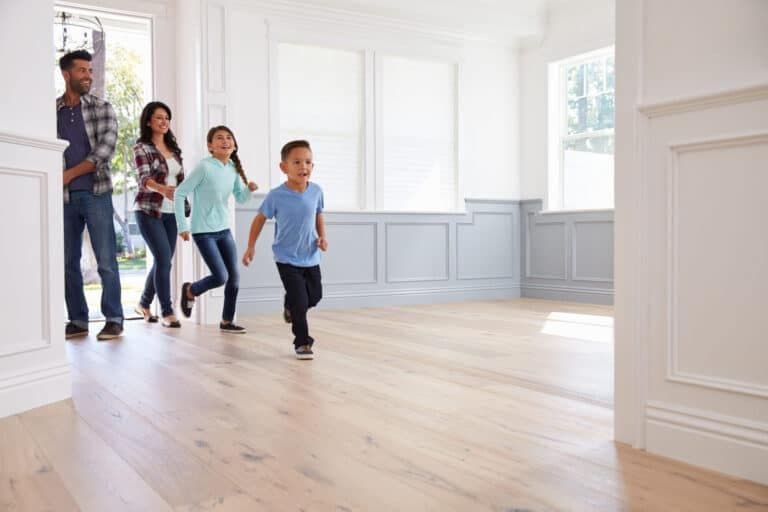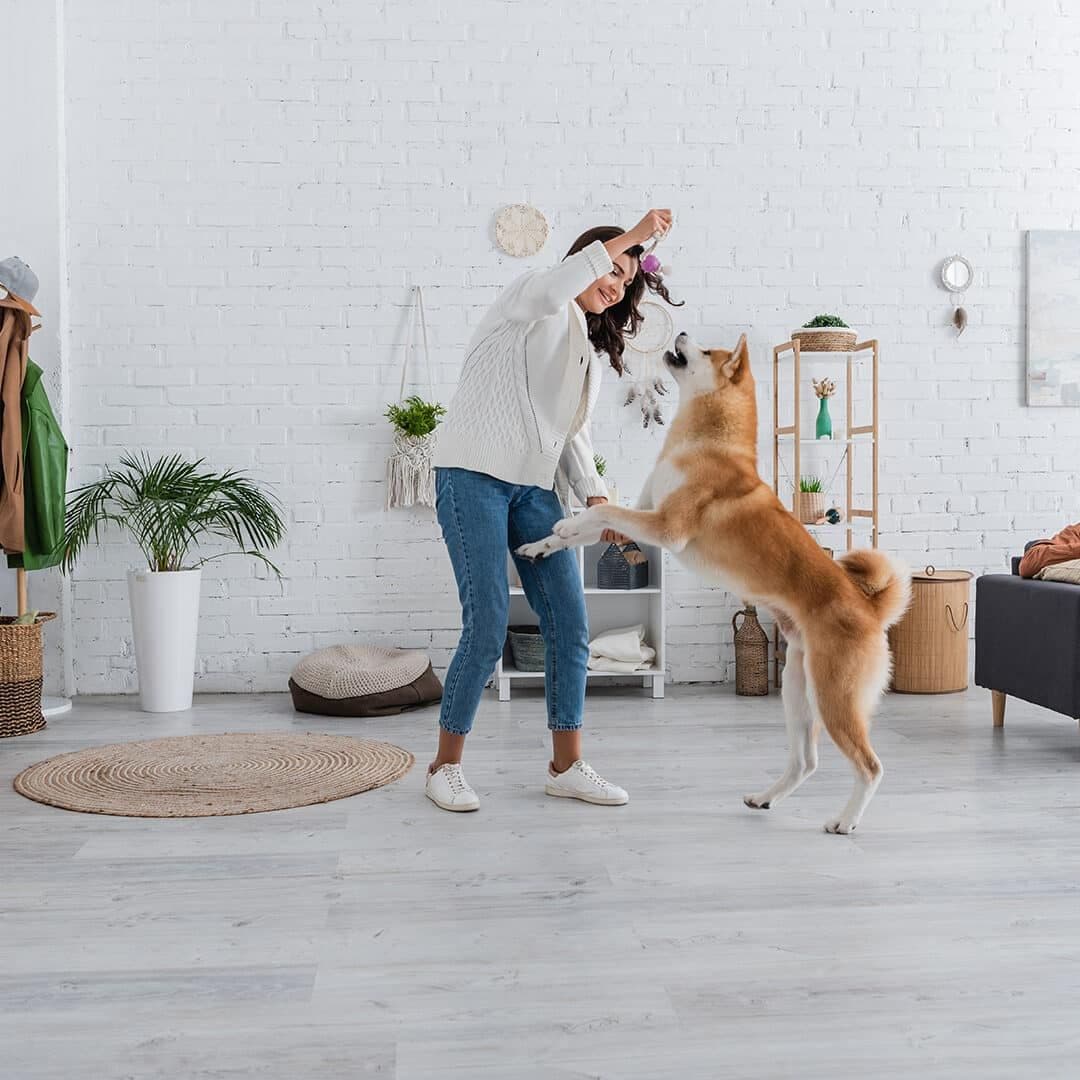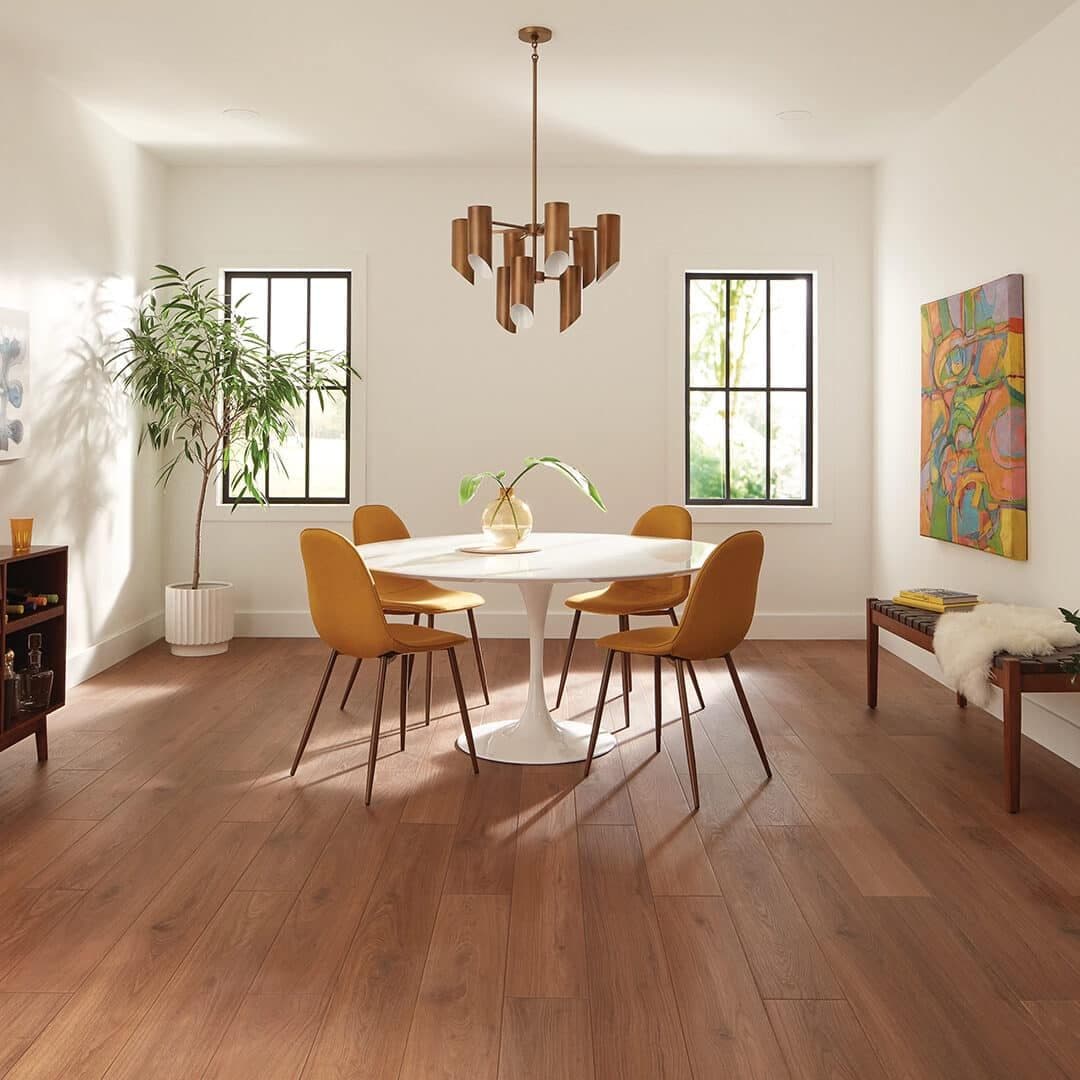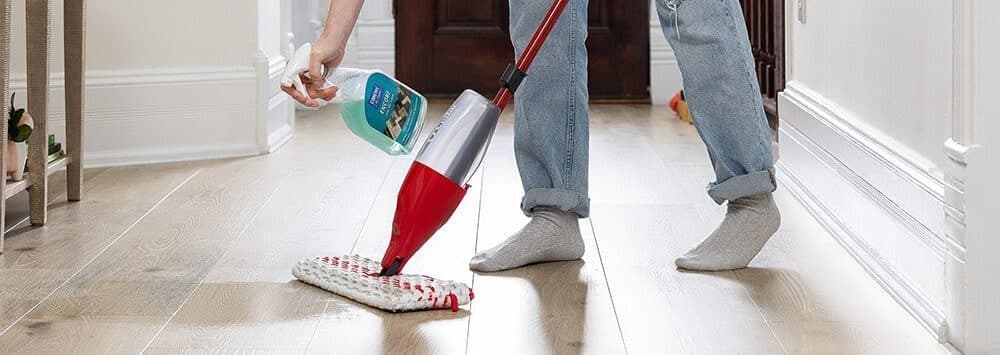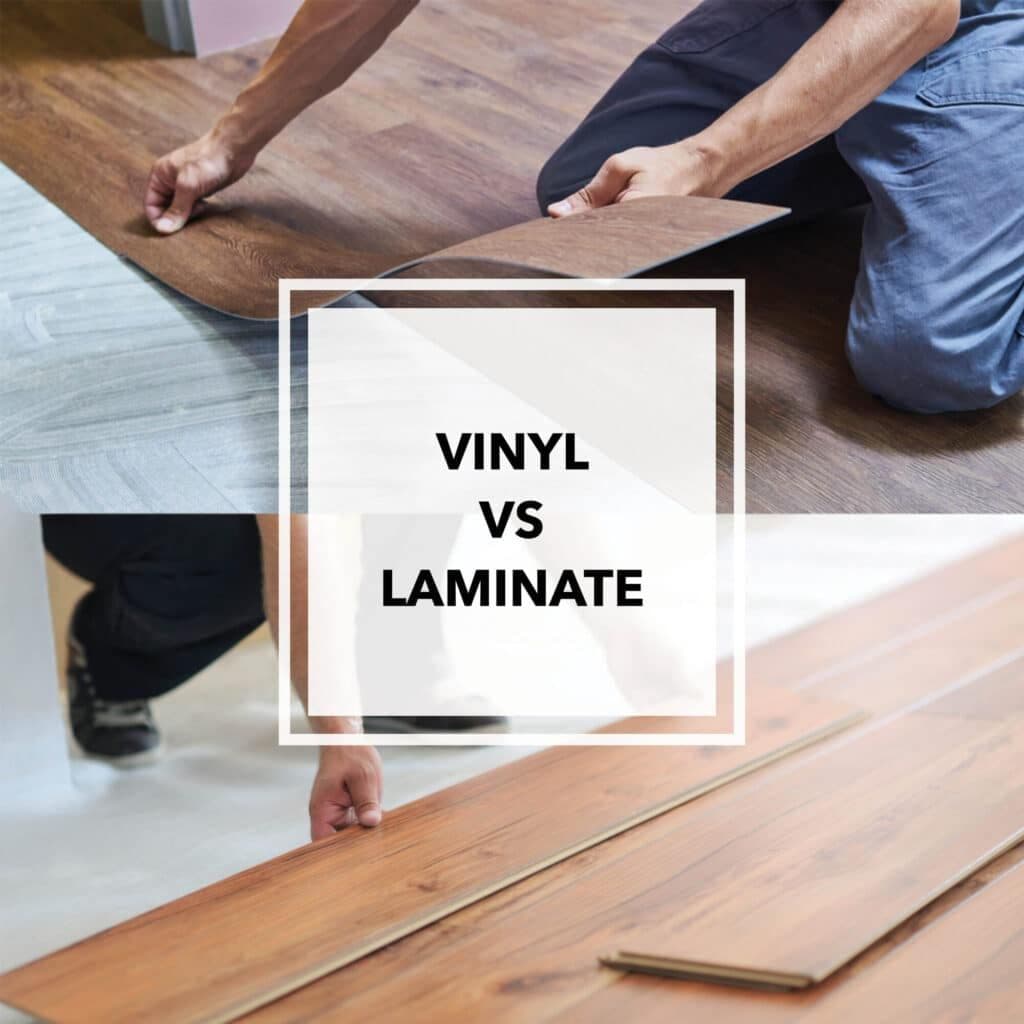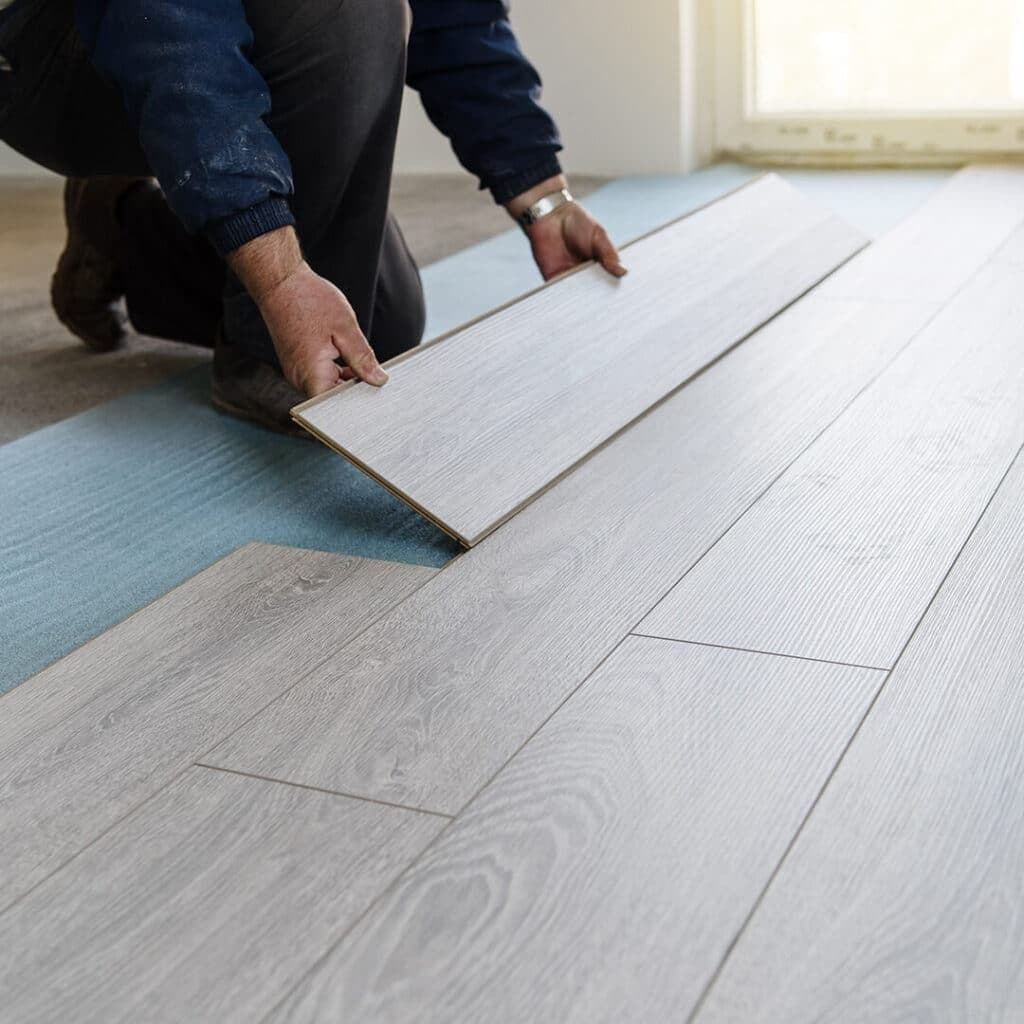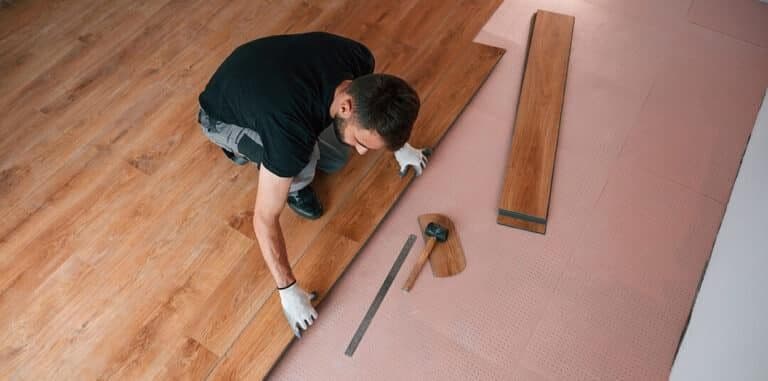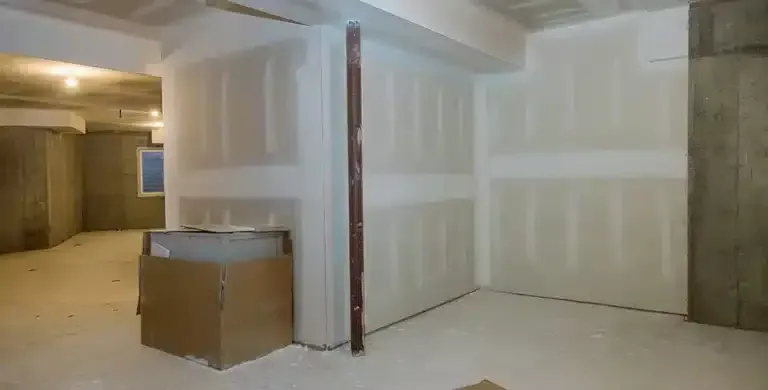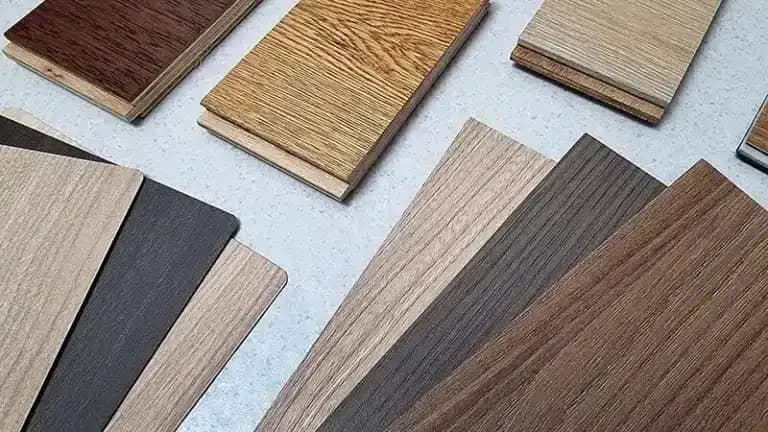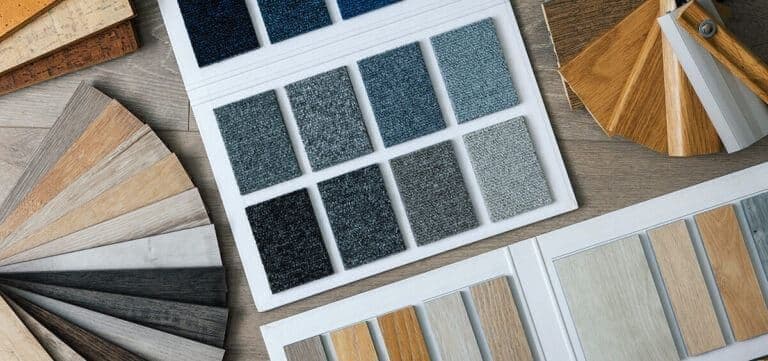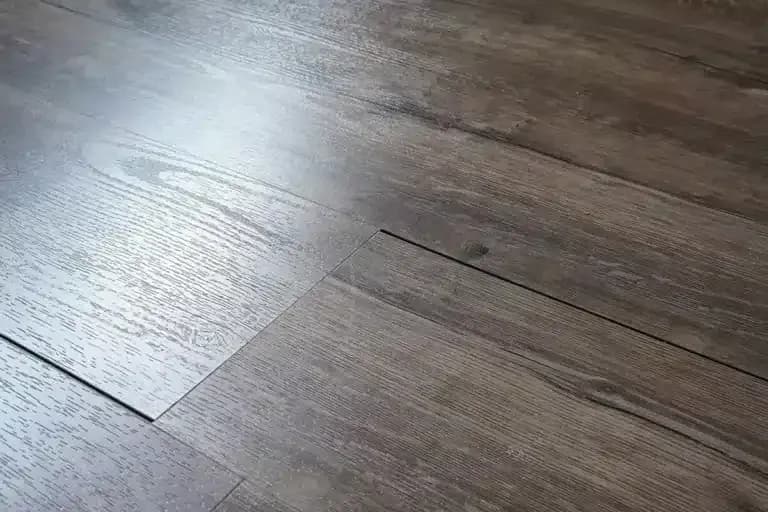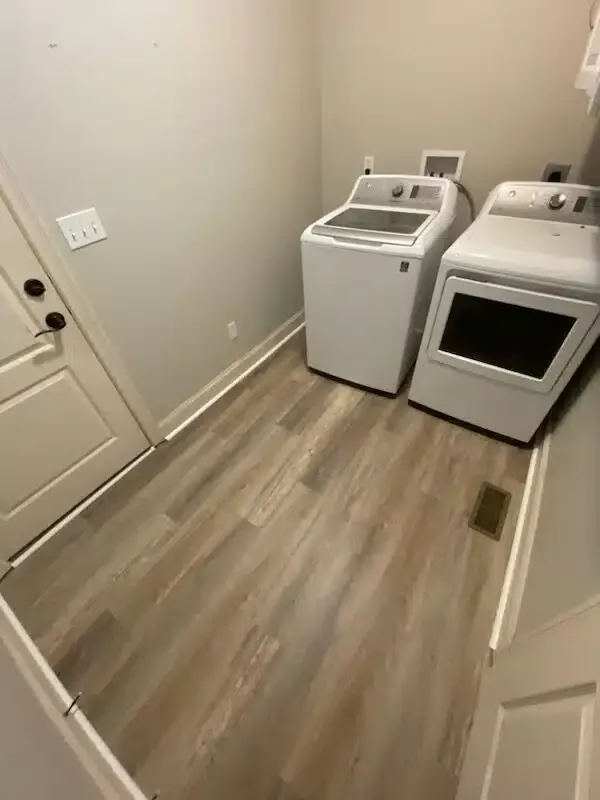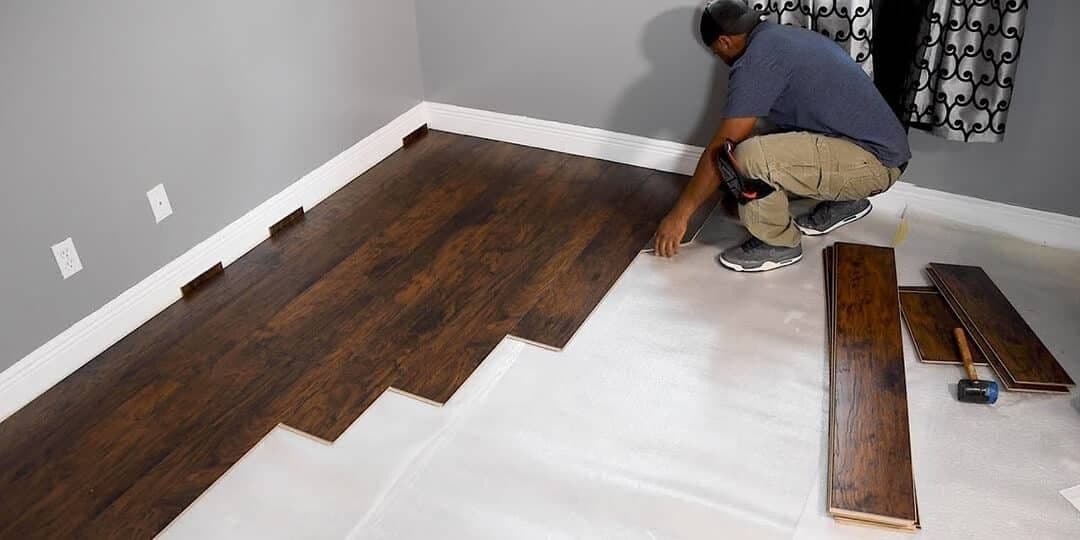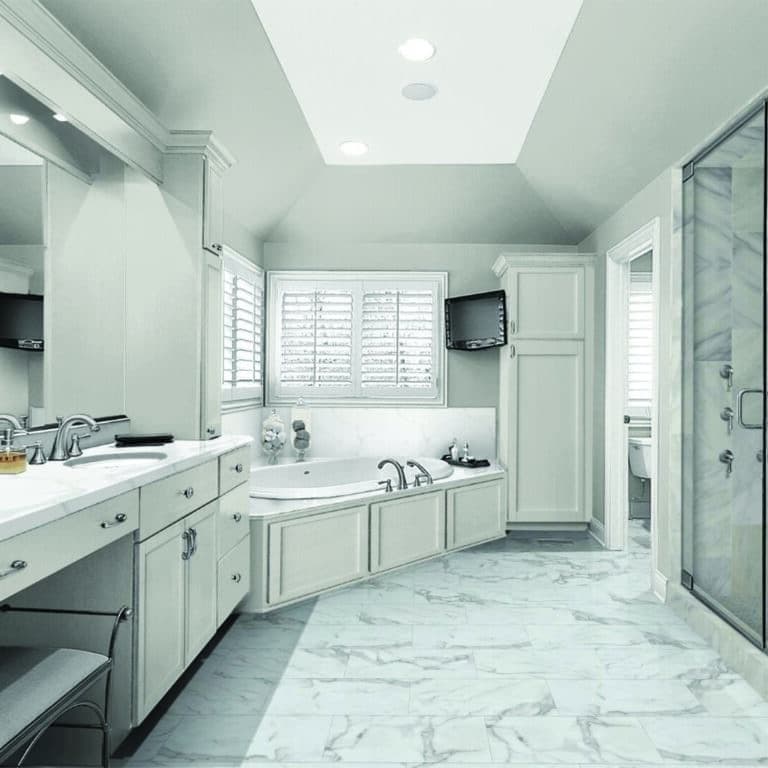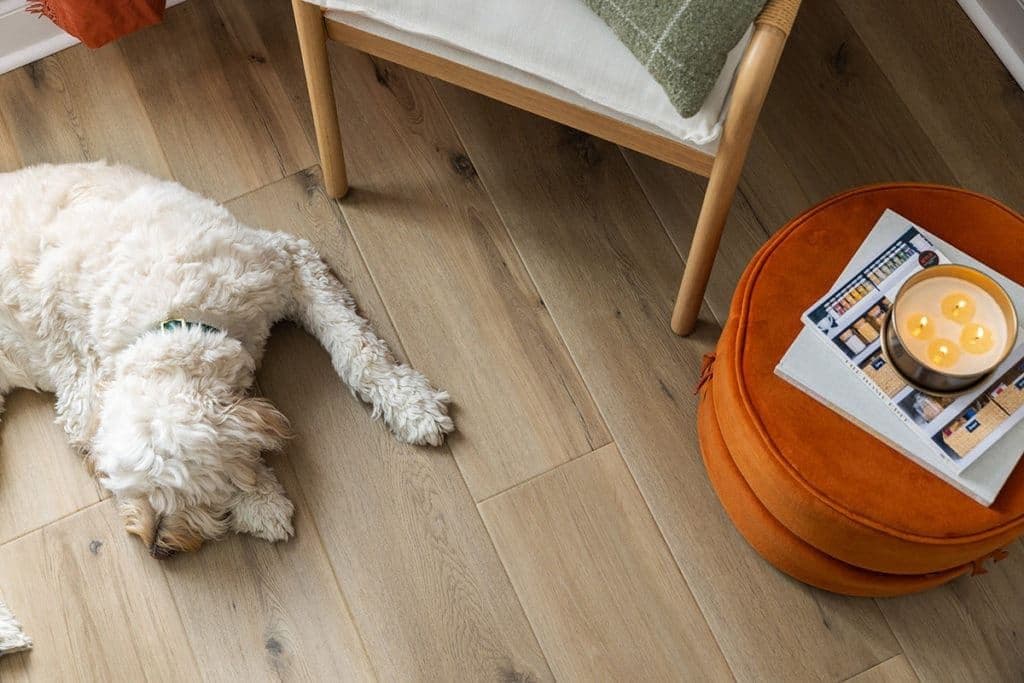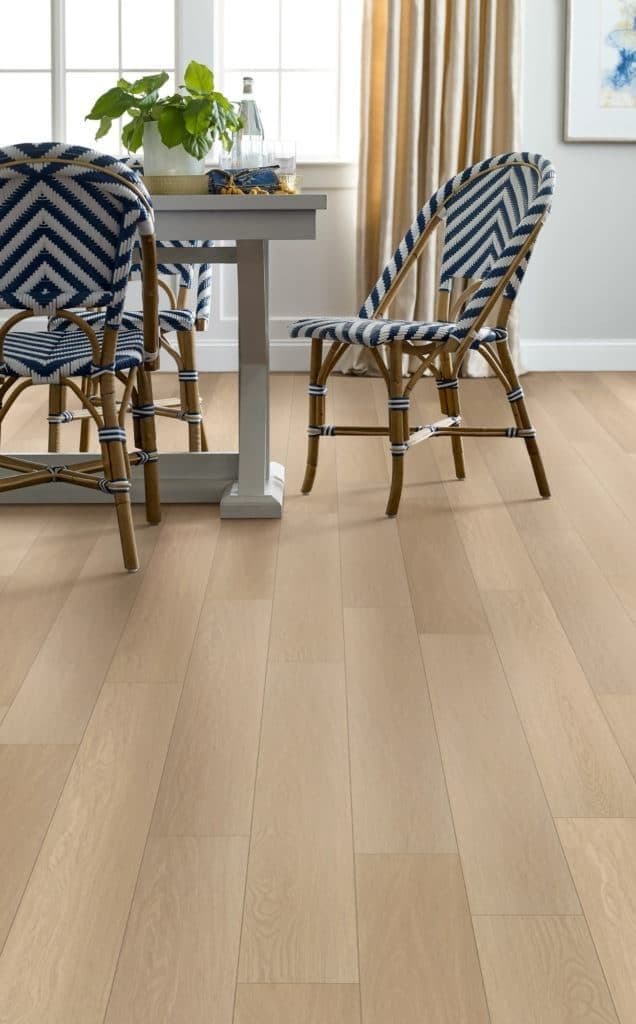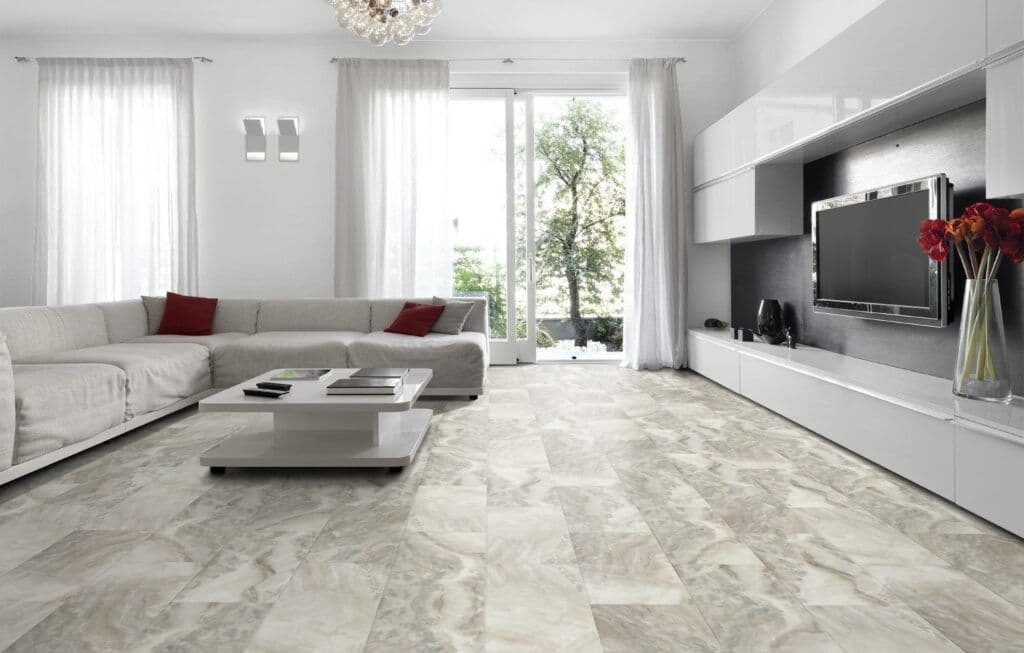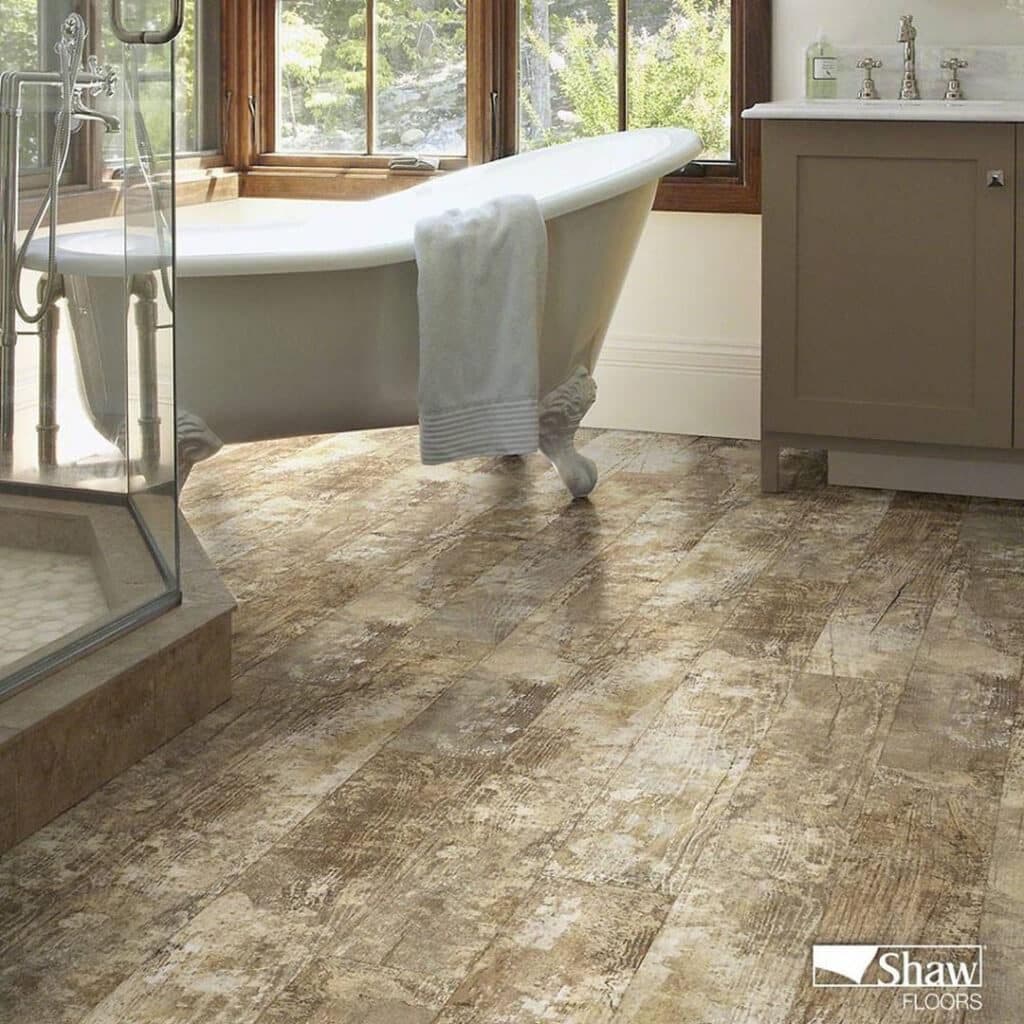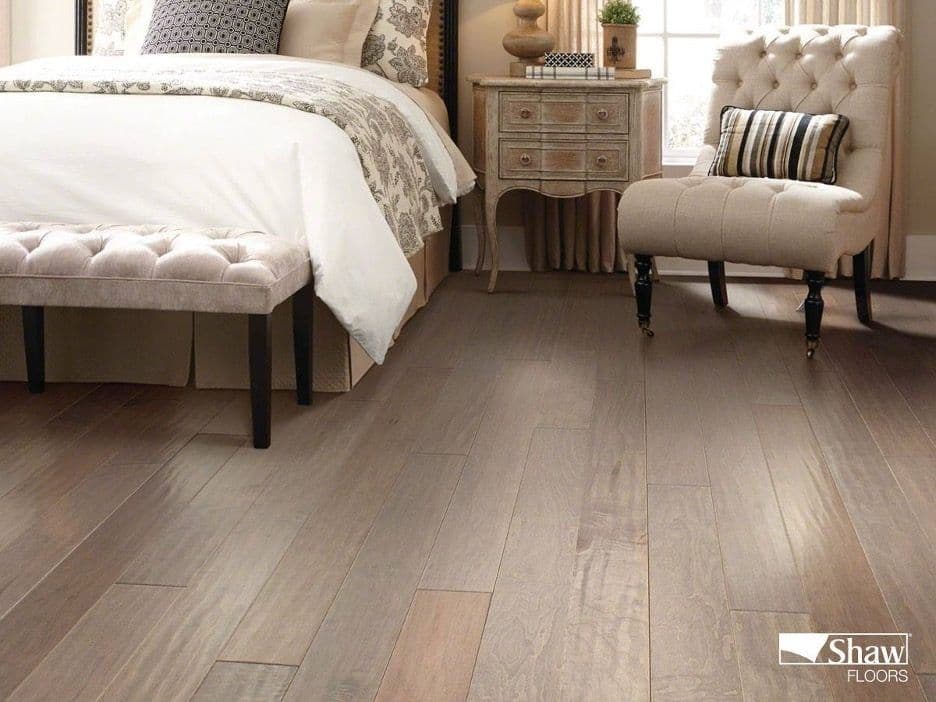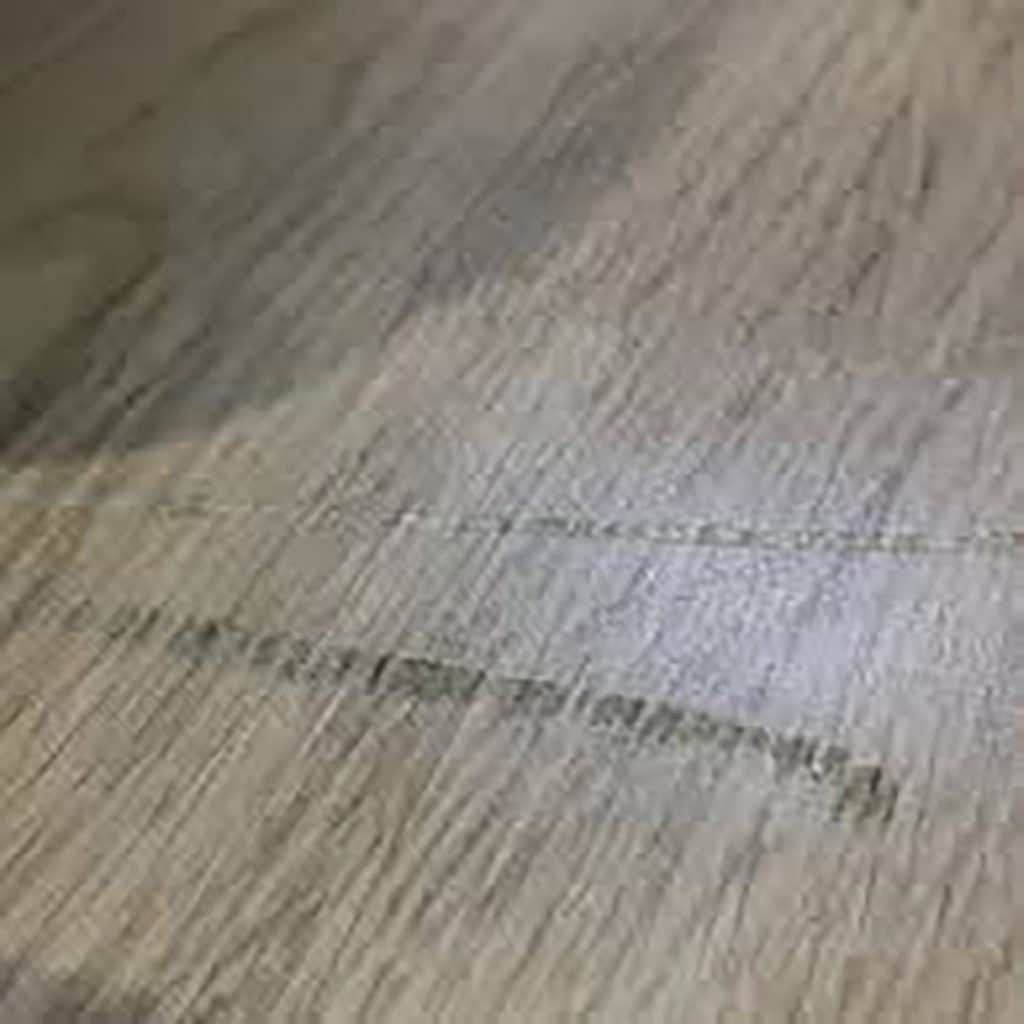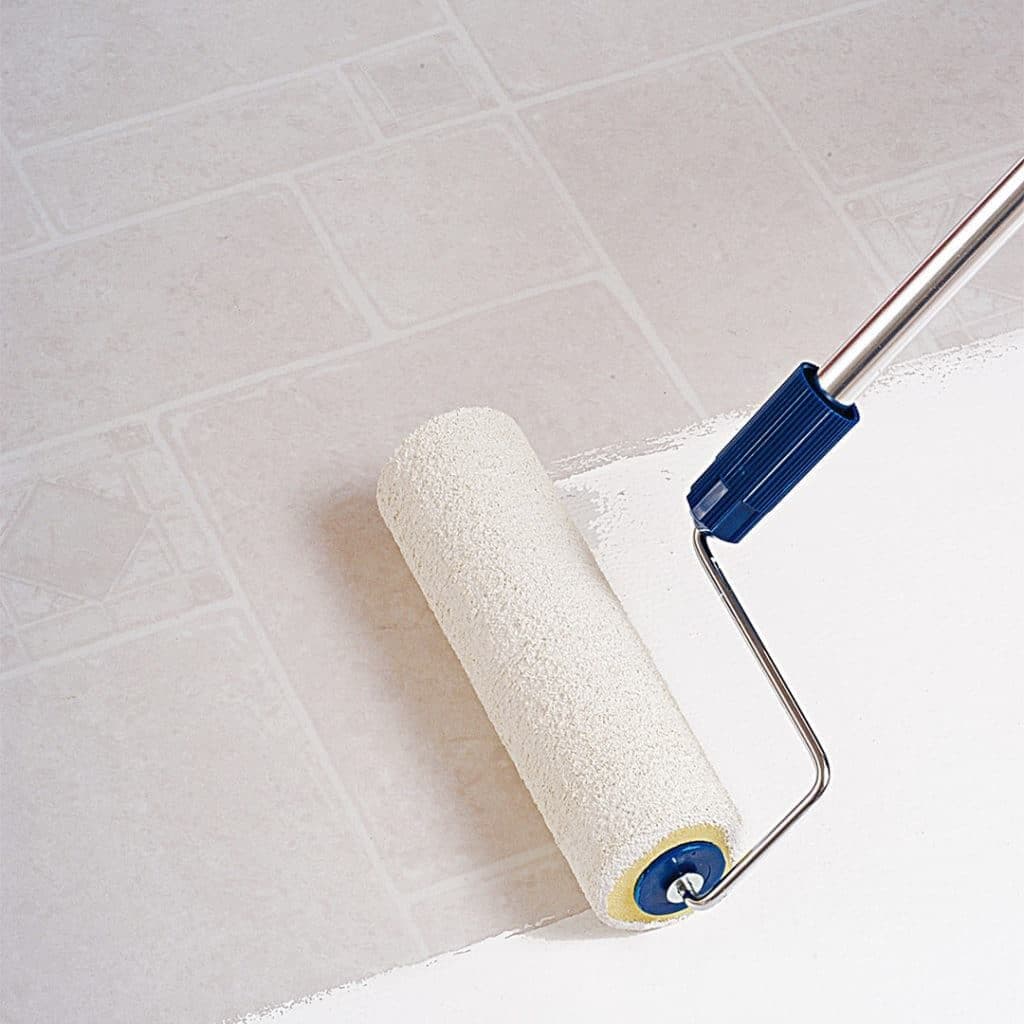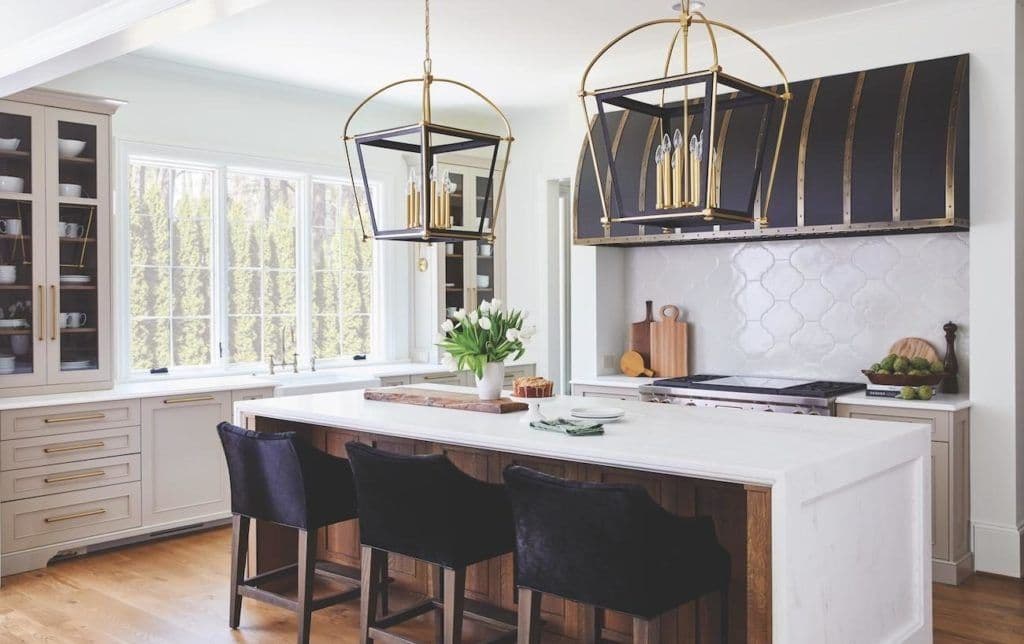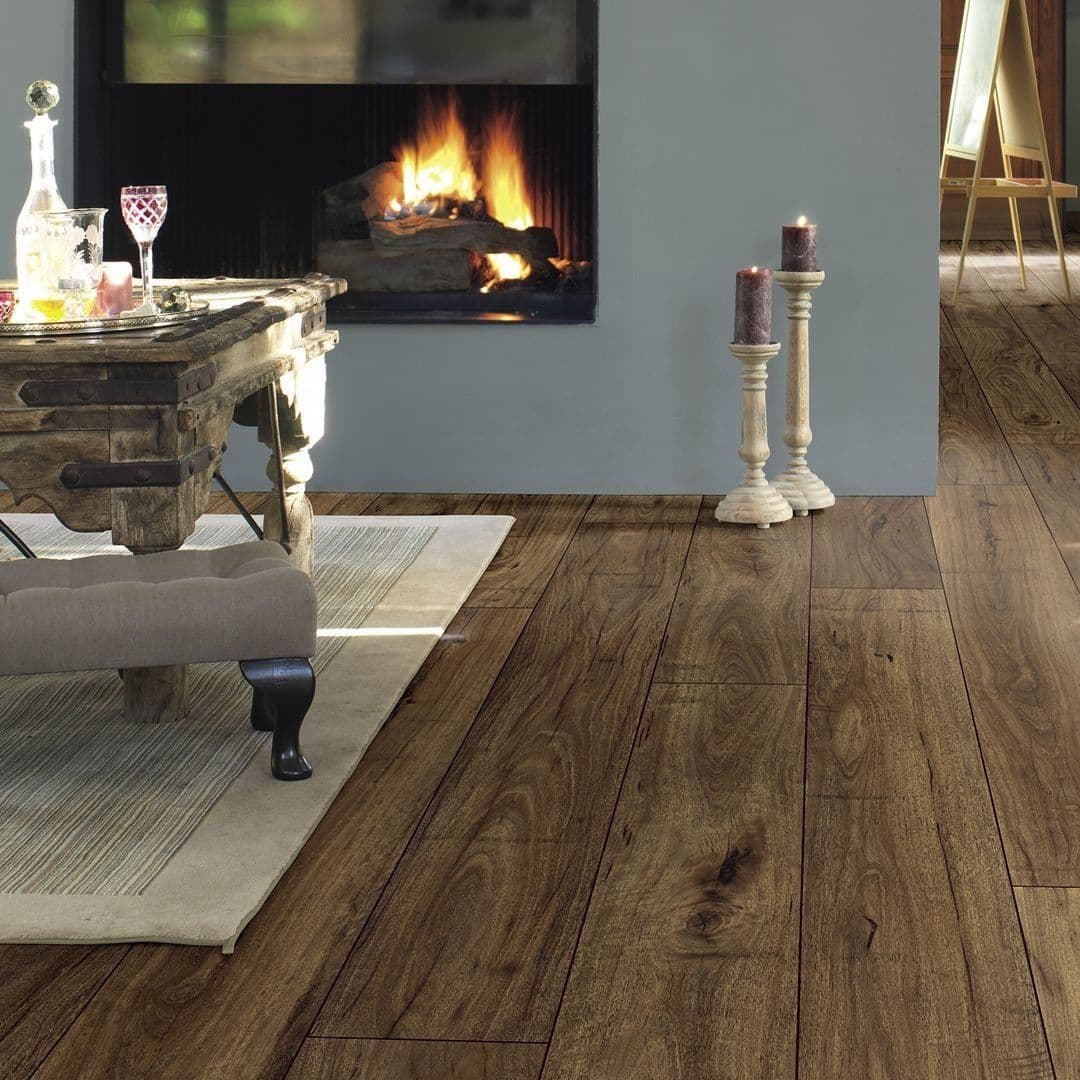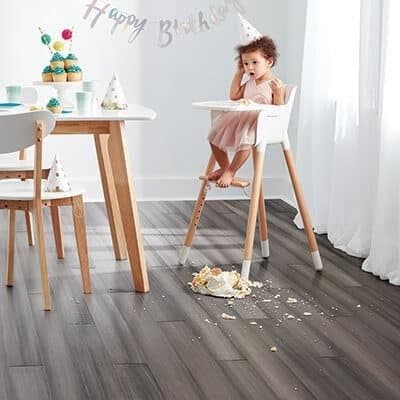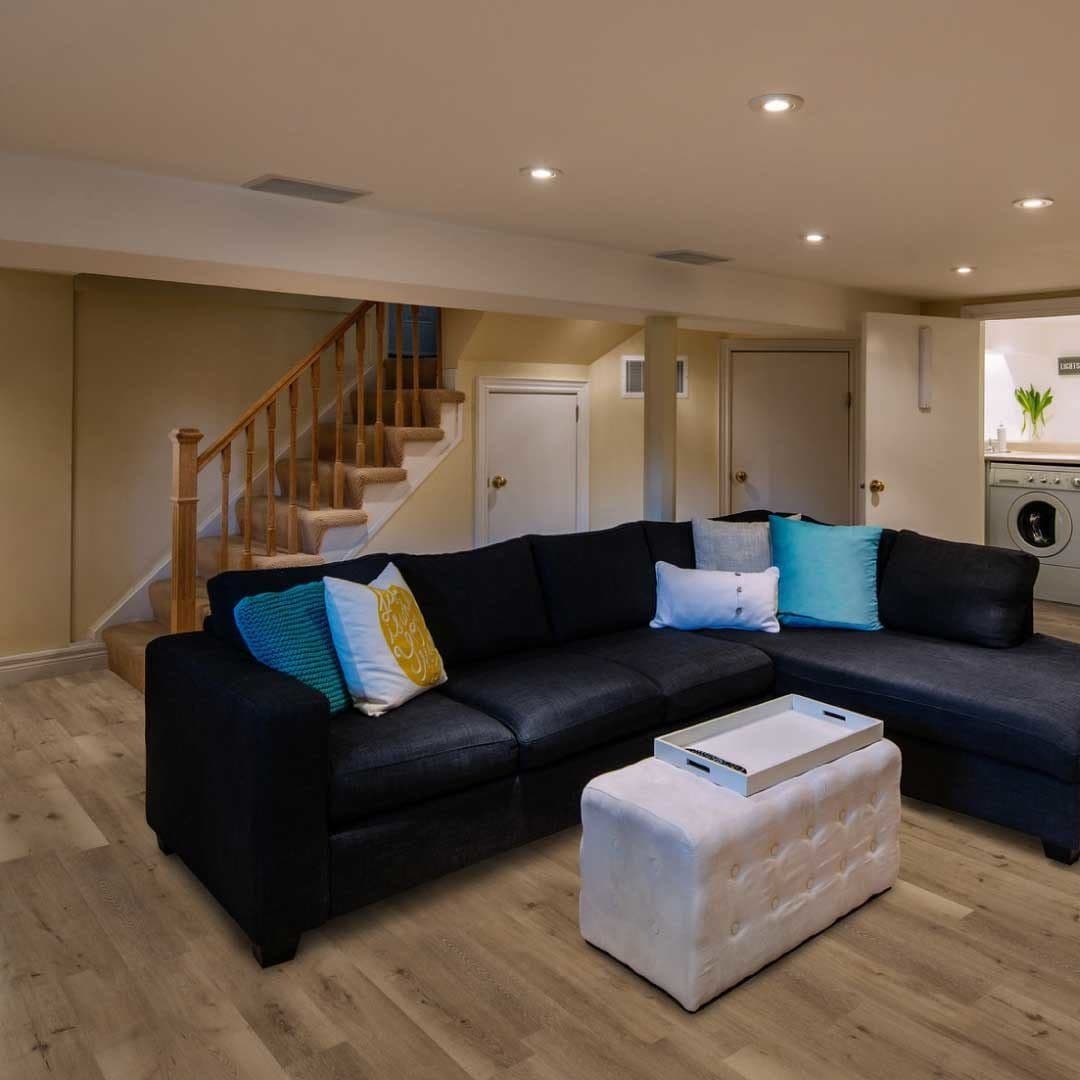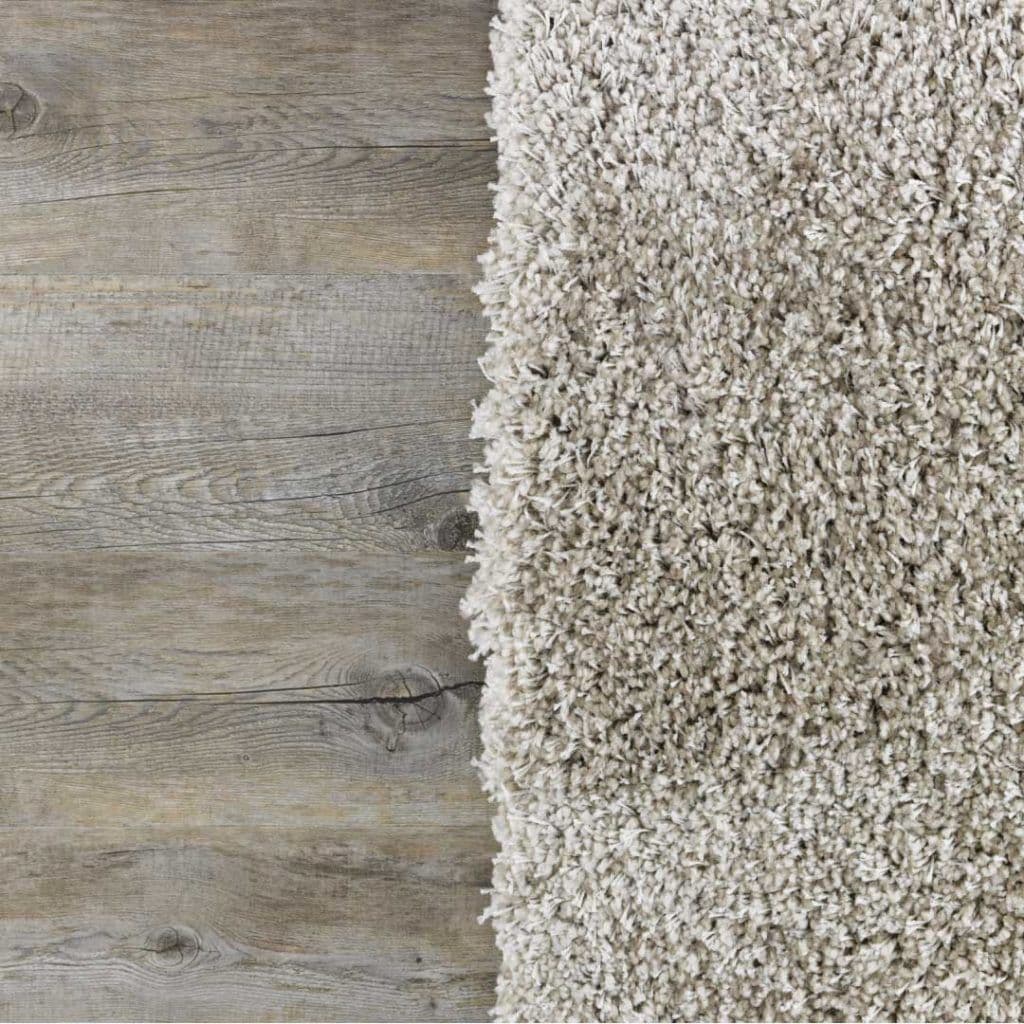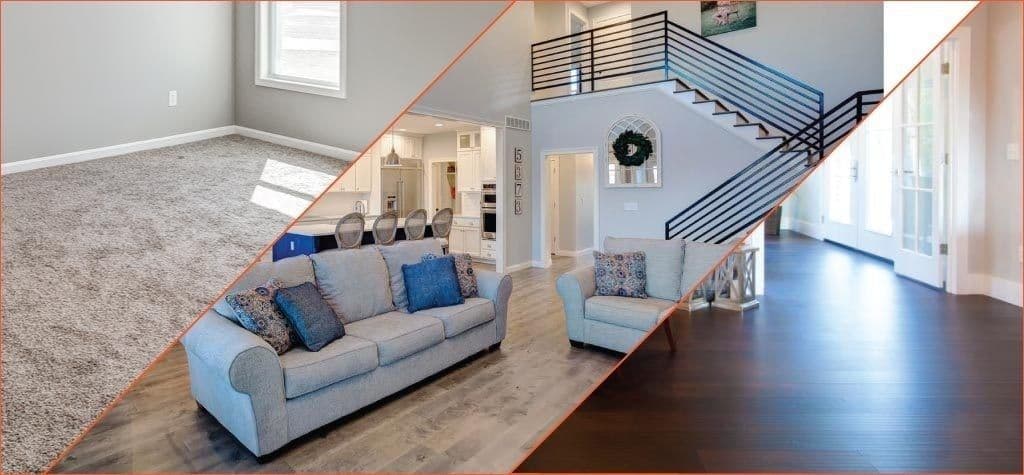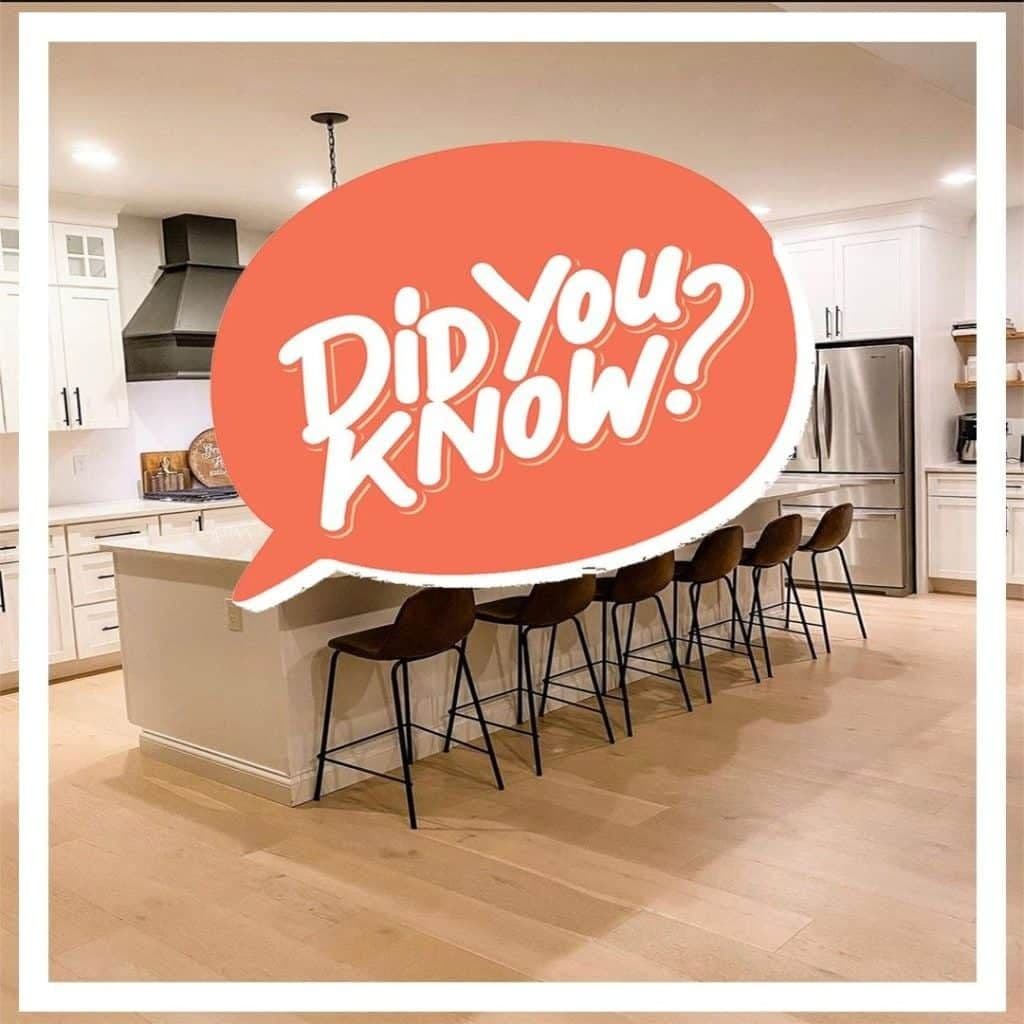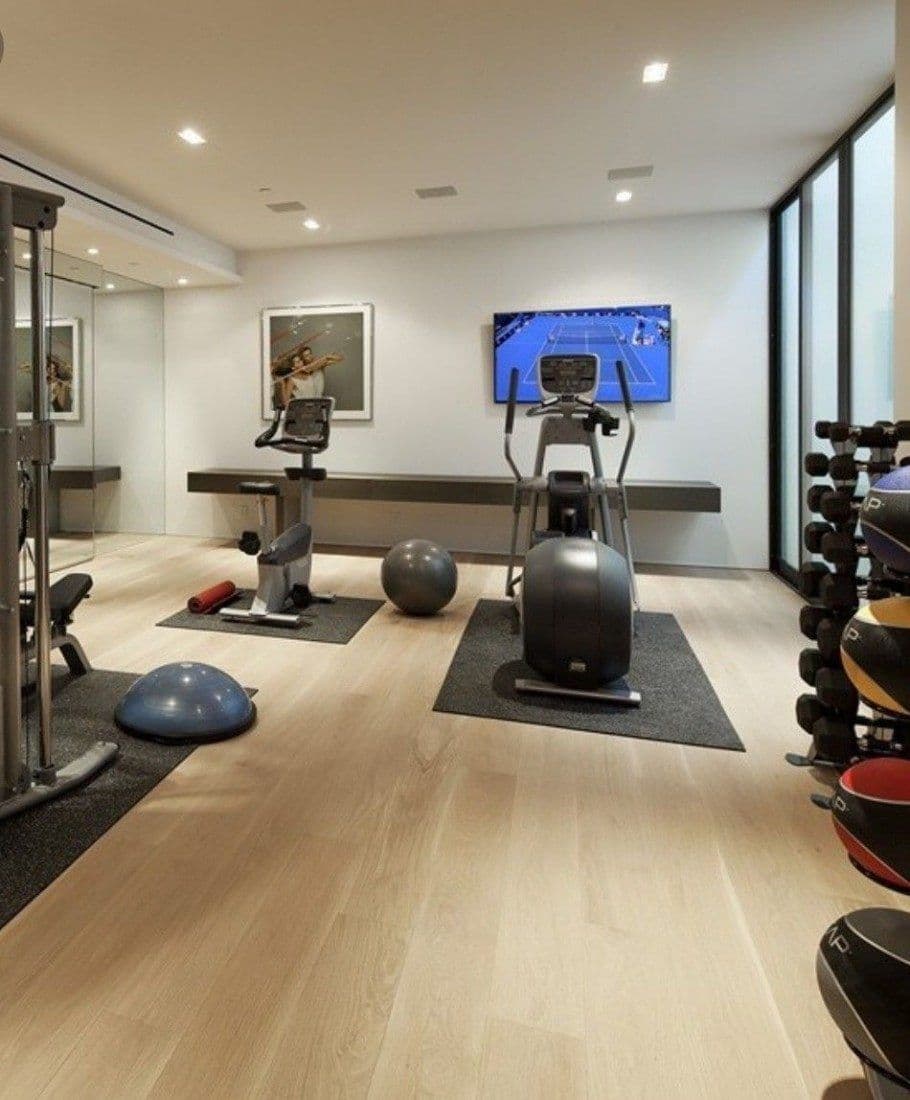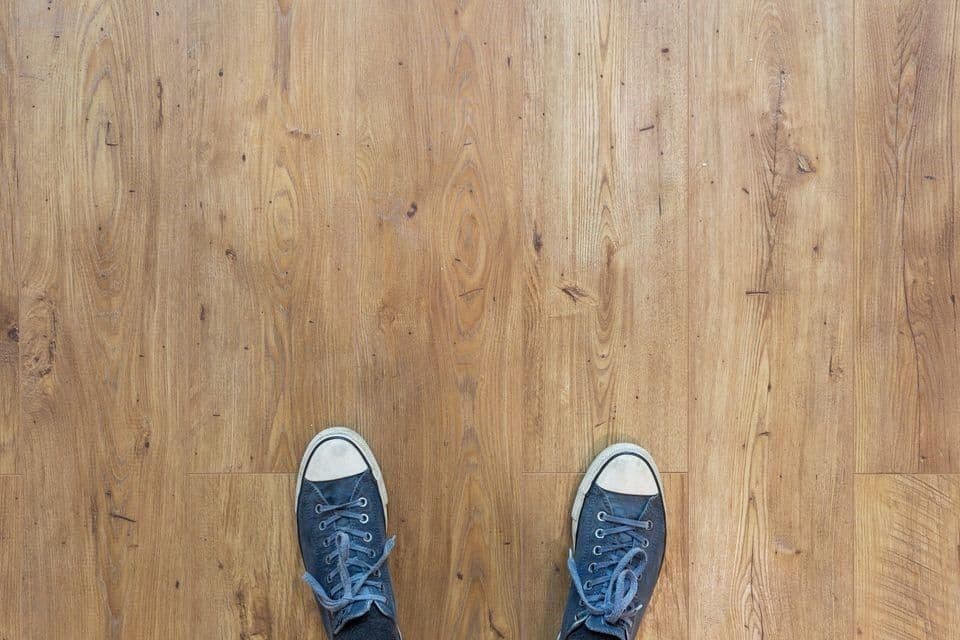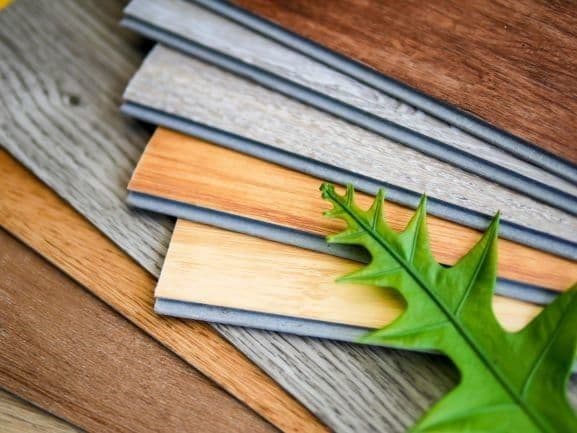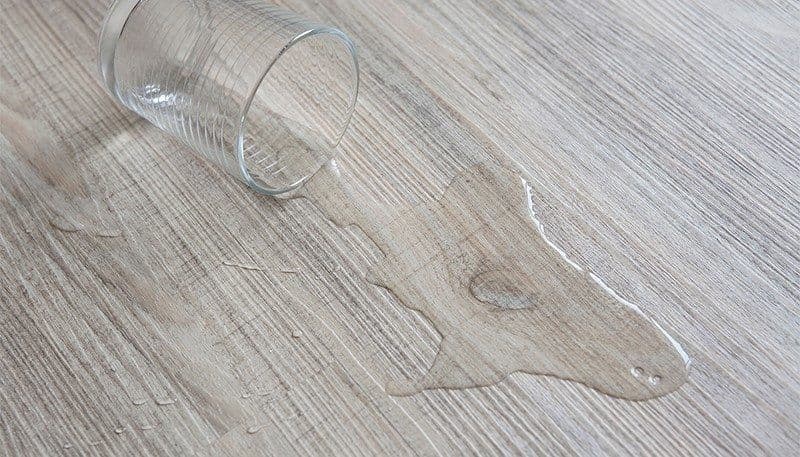Blog & Newsroom
The latest flooring news, tips and trends.

When it comes to upgrading your home, nothing transforms a space quite like new floors. And now, Refloor, the leader in fast, easy, and guaranteed-for-life flooring is bringing its award-winning process to the Chicago area...
Think All Luxury Vinyl Is the Same? Think Again. Luxury vinyl flooring is super popular in today’s homes—and it’s easy to see why! It looks ...
Which One’s Smarter? Thinking about getting new floors? Want something that looks like real wood but doesn’t need a ton of care? Luxury Vinyl...
New Floors Without the Hassle: Refloor Brings the Store–and More–to Your Door If you’ve been putting off new flooring because it feels like a headache...
A Quick, Helpful Guide to Vinyl Plank Flooring Vinyl plank flooring is one of the most popular choices for homeowners looking to update...
When homeowners think about renovating or possibly selling their home, many will ask if new flooring will increase the value of their home. It’s an excellent question!...
At Refloor, we firmly believe flooring is often the foundation of any room’s vibe or aesthetic...
Luxury Vinyl Plank (LVP) flooring has become a popular choice for homeowners in recent years, and for good reason...
When it comes to installing new flooring in your home, you have two options: hire a professional or do it yourself (DIY)...
Basements of the past were often under-utilized space...
Whether you just bought a new home or are looking to upgrade your current flooring, two popular flooring options are hardwood flooring and engineered hardwood flooring...
Home sellers are always thinking about what improvements will add value to their homes...
Flipping through home improvement books or watching your favorite home improvement show often leads...
Choosing the best flooring for wet areas in your home comes down to three important considerations: aesthetics, price, and functionality...
In today’s world, the internet is the go-to source for finding businesses and services...
When it comes to installing new flooring, the subfloor serves an important function but often goes overlooked...
Today there are many options in flooring and it is essential to understand the differences in order to make the best decision for your home and budget...
When planning a home renovation, one crucial aspect to consider is the type of flooring to install...
Resilient flooring is a type of flooring material that is designed to be durable, flexible, and resistant to wear and damage...
Flooring is a part of your home that gets overlooked, but it’s also one of the most important...
Refloor has been named to Qualified Remodeler Magazine’s 2022 edition of the Top 500 Remodelers in the United States and is the ONLY flooring company in the United States to earn a coveted spot on this list...
Luxury Vinyl Plank (LVP) flooring has become a popular choice for homeowners in recent years, and for good reason...
Hardwood floors are always in style, now seemingly more so than ever...
Laminate flooring is a budget-friendly, minimal-maintenance option that provides an excellent finish, usually emulating wood, stone, tile, or other material...
We love vinyl flooring for so many reasons – not only are they extremely easy to clean and maintain, but they’re also the affordable sibling to the sometimes-temperamental hardwood flooring, which all-around, makes them a perfect, durable option for almost everyone!...
Home is where the heart is, and for each of these distinct generations, home – and flooring options — may look a little bit different...
Winter definitely has its drawbacks (does the sun really set this early each day?...
Thanks to innovation and creativity, our flooring options have significantly increased to account for varying tastes, as well as budgets...
🎉 We are excited to announce that Refloor, America’s Fastest-Growing Flooring Company, is expanding its presence in Ohio with a new office in Cleveland, OH that will provide homeowners in Northeast Ohio with fast & easy lifetime floors!...
When deciding to finish or remodel your basement it is important to choose materials that can withstand the moist environment of a basement...
Refloor has been named to Qualified Remodeler Magazine’s 2021 edition of the Top 500 Remodelers in the United States, and is the ONLY flooring company in the United States to earn a coveted spot on this list...
While the history of flooring is, surprisingly, a fascinating one – the modern day reasons for choosing one flooring type over another is often comes down to aesthetic and style...
Life happens, and where is it going to happen more than at home (especially as we go on a year of remote work and social-distanced living)?...
Home styles and trends seem to change so frequently that it’s hard to keep up with what’s in and what’s out (HGTV: we’re looking at your endless waves of home renovation and DIY shows)...
Shopping for new floors can be daunting, and it is certainly not an inexpensive renovation to make to your home...
The holidays are behind you—the pandemic, unfortunately, still is not—and you’re ready to keep your New Year’s resolution this time...
What do you think of when you hear the words shelf life?...
As this year comes winding to an end, it’s hard to not think about how this year’s holiday season will differ from the previous years...
There’s the old adage of if walls could talk but does anyone wonder what our floors would say if given the same opportunity?...
We have written about what flooring option works best for young children and for the four-legged members of our families, but what about when we are considering renovations for our grandparents or aging parents?...
Our pets are a big part of our families, and rightfully so...
If your floors are outdated or really worn down, you might be looking to give them a facelift soon...
Did you know that more than 30% of homeowners cited flooring as what they dislike most about their homes?...
Wall-to-wall carpeting has been a popular flooring choice for many American households since it first came on the scene in the 1930s...
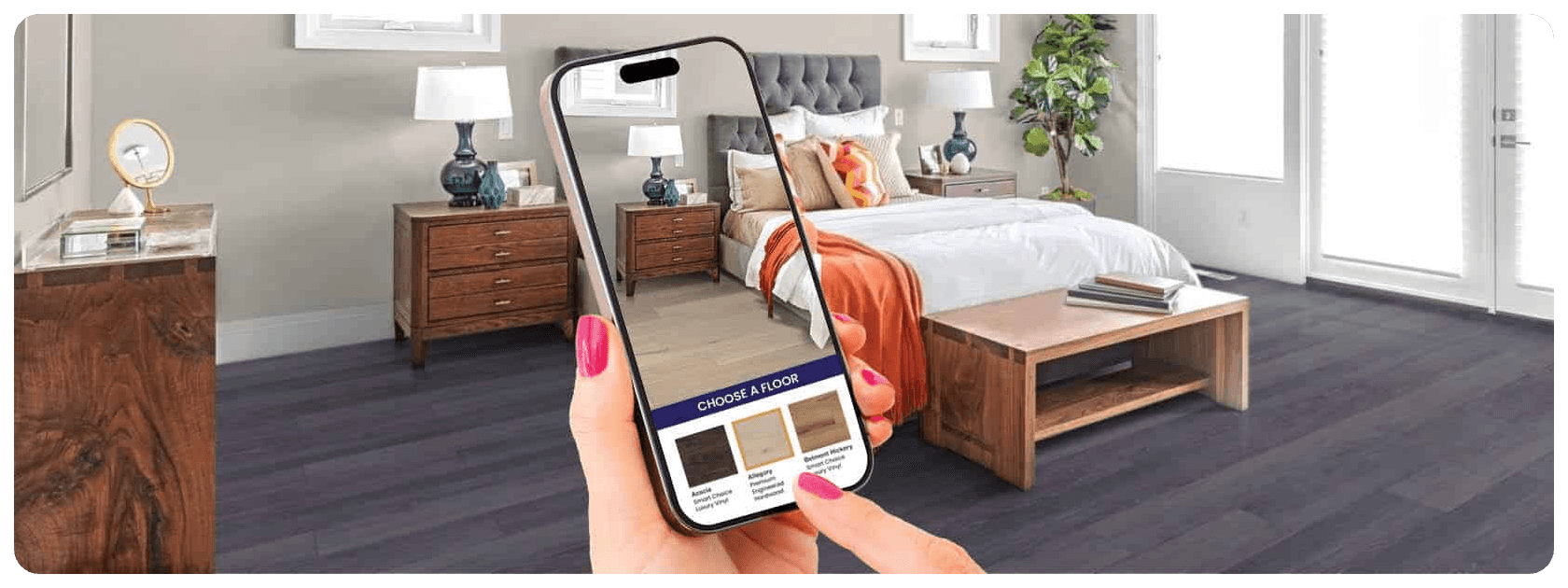
See It Before You Buy!®
1. Upload a photo
2. Choose your favorite floor
3. Watch your project come to life!
Browse Our Flooring Selection!
Enhance your home with expert flooring services from Refloor, including luxury vinyl, laminate, and engineered hardwood. Serving the central US and Midwest, our team specializes in transforming homes with the highest quality flooring solutions—Trust Refloor to elevate the beauty of your home with precision and care.
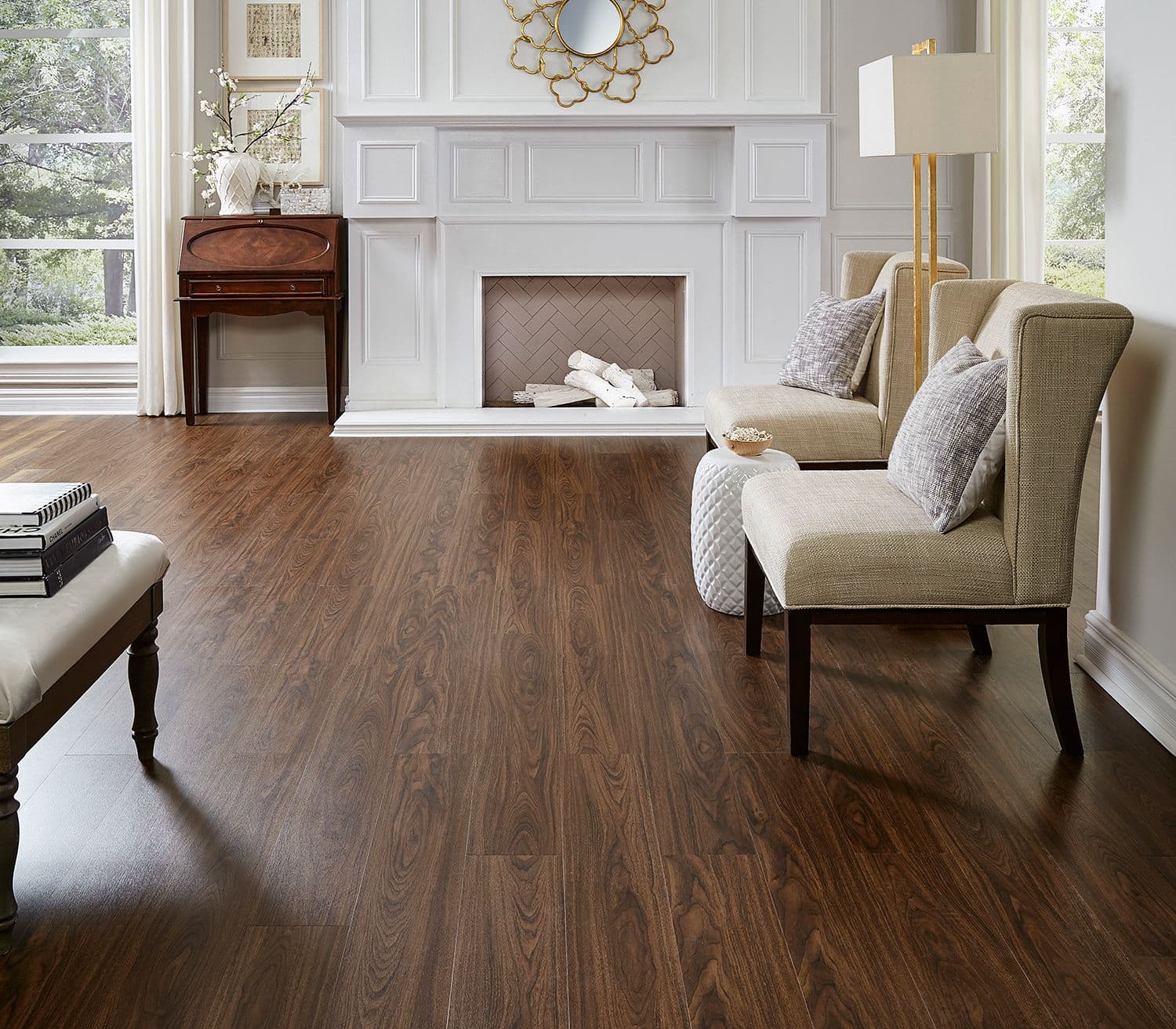
Discover the beauty of hardwood flooring with Refloor. Trust our team of flooring installers to deliver unmatched quality and craftsmanship in every plank.
Flexible Financing Options
Floor now and pay later®
Choose from one of our easy ways to make your new floors fit your budget.

Frequently Asked Questions
Read What Refloor's Customers Are Saying
Product, services, and warranty sell themselves, but Ryan was an excellent interpreter of all information. He was professional, personable and patient with us throughout the process. Will definitely refer to friends and family.
I'm very satisfied with the work done by Josh and his helper . I am very happy with Sam by keeping me up to date on the scheduling before and after the work began. VERY HAPPY CUSTOMER
Super nice and very informative. Took time to explain every detail and answer all the questions we had.

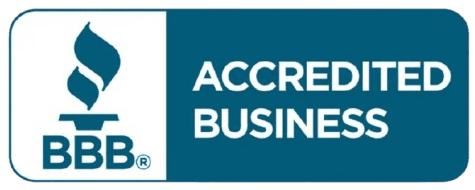


Contact Us
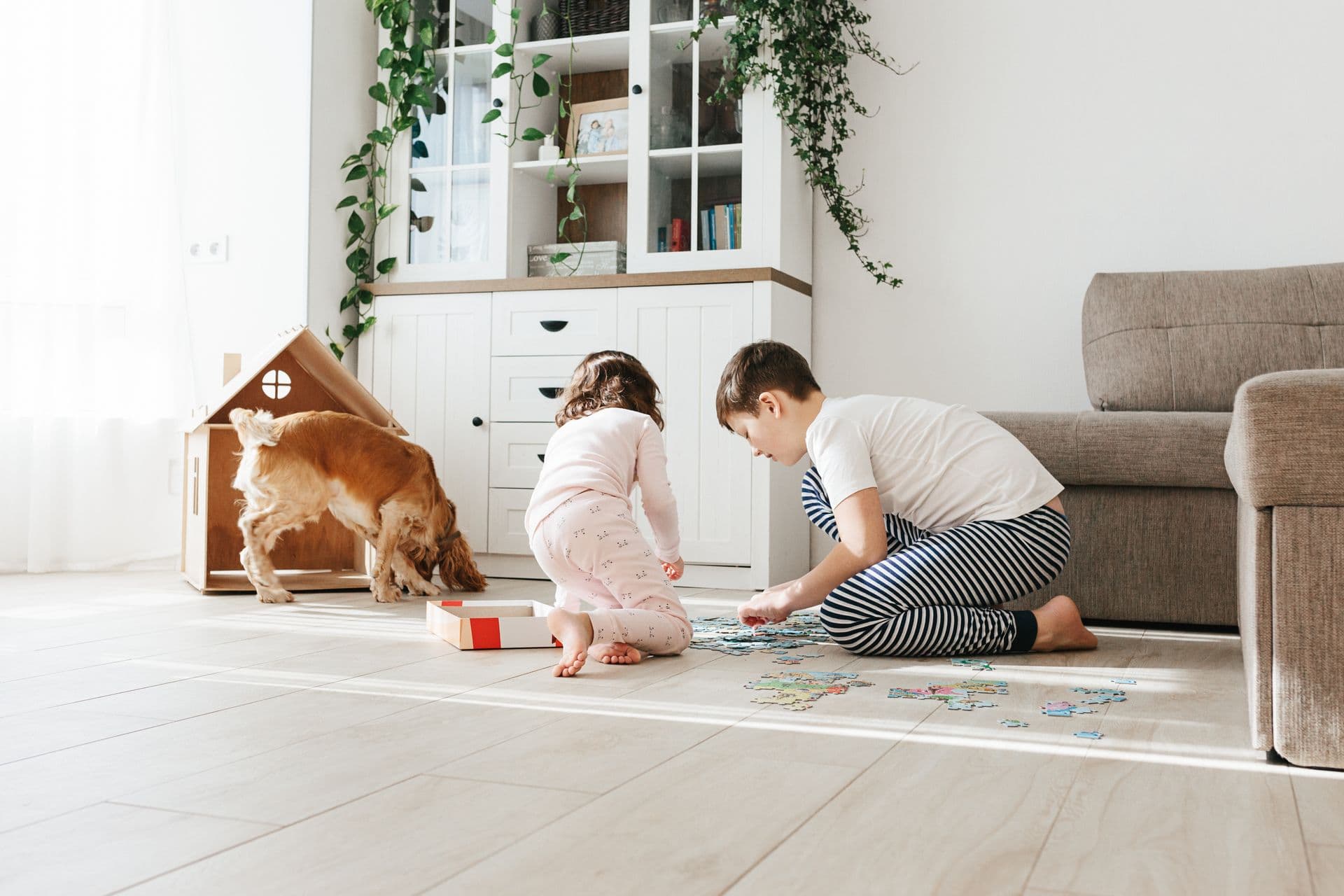
Mon - Thu: 8AM-8PM
Fri - Sat: 8AM-6PM
Sun: 10AM-5PM


